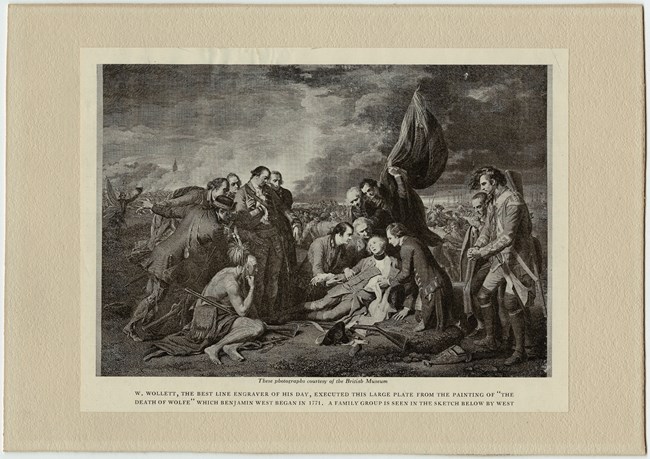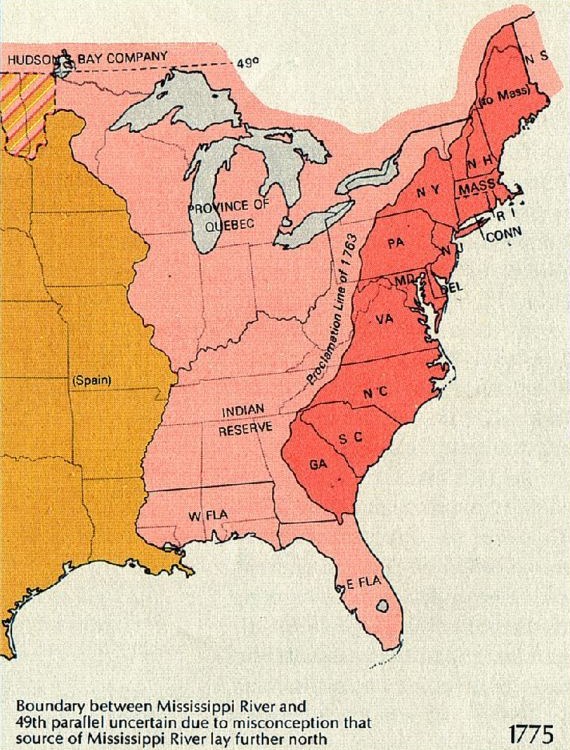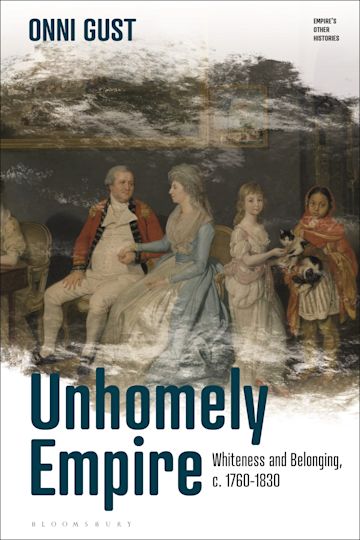Beginning in 1760 British Tax and Trade Policies
It reduced the tax on imported British tea this act gave British merchants an unfair advantage in selling their tea in America. Colonial Trade Act 1760 c.

Britain Begins Taxing The Colonies The Sugar Stamp Acts U S National Park Service
The origins of these attempts lay however not in a rapacious government but in the aftermath of the Seven Years War.

. British land owners who controlled Parliament already paid a tax of 20 percent and they refused to pay more. This resistance was the beginning of Americas revolt against its mother country. Coinage Duties Act 1760 c.
3 The British and French in 1845 intervened in Uruguay in support of a liberal regime that favored freer trade. Cornwall Duchy Act 1760 c. It was a search warrant allowing officials to enter buildings in which smuggled goods may be.
It required no cause for suspicion and homes. Courts-martial East Indies Act 1760 c. Grants to George Keith Act 1760 c.
Commissions and Salaries of Judges Act 1760 c. The substantial increase in the size of the British Navy during the war with France gave the British government the strength to choke colonial smuggling and enforce trade laws more effectively after 1760. How the British governed the.
Although the colonies had faced several prior taxes from England to regulate trade and mercantilism these taxes were different. Taxes were collected on imports whiskey and on glass windows for a while by the independent nation. Narrowly defined trade policy refers to government rates of tariffs duties quotas trade agreements and other policy instruments that affect the price and.
But in the seeds of Britains great victory lay the beginnings of the American Revolution since Parliament now turned to the. Game Act 1760 c. Constitution has been most important in allowing the growth of national power.
The British governed with little supervision of the American colonies before 1760Britains harsh tax and trade policies of the 1760s fanned resentment in the colonies. Which clause of the US. This legislation caused tensions between colonists and imperial officials who made it clear that the British Parliament would not address American complaints that the new laws were onerous.
British Policies Toward the American Colonies From Roughly 1763 to 1774. Yet the Seven Years War had created a war debt of 130 million. TRADE POLICY 18001947TRADE POLICY 18001947 Defined either narrowly or broadly the trade policy of the British government of India did not promote the interests of most Indian producers or consumers.
The substantial increase in the size of the British Navy during the war with France gave the British government the strength to choke colonial smuggling and enforce trade laws more effectively after 1760. From the British point of view it was only right that American colonists should pay their fair share of the costs for their own defense. British imperial policy towards the American colonies before 1760 had economic and political ramifications.
Parliaments first direct tax on the American colonies. Parliament had passed a number of new laws among them the ___ of 1765. Evaluate the relative importance of two of the following as factors prompting Americans to rebel in 1776.
Aggressively enforce Britains trade laws with the American colonies. If additional revenue could also be realized through stricter control of navigation and trade so much the better. The fur trade passed into British hands at the capitulation of Montreal on September 8 1760.
Insolvent Debtors Relief Act. The taxation history of the United States begins in 1760 with colonial protest against the taxation policy of the British which lead to the American Revolution. Thus the British began their attempts to reform the imperial system.
The American Revolution was precipitated in part by a series of laws passed between 1763 and 1775 that regulating trade and taxes. 4 The dating of the Industrial Revolution is largely arbitrary and the start has been variously given as 1760 1770 and 1780 while again the end is sometimes given as 1860. The economic development of the colonies was based upon the British mercantile policy.
To crack down on smuggling in the American colonies the British government also increasingly began to use Writs of Assistance. Indemnity Act 1760 c. Parliamentary Taxation The legacy of colonial religious and political ideas British military measures Restrictions of Civil Liberty Some say that the Revolution was destined to happen ever since Settlers set foot on this continent others argue that it would not have happened if it.
4 The dating of the Industrial Revolution is largely arbitrary and the start has been variously given as 1760 1770 and 1780 while again the end is sometimes given as 1860. States and localities collected property tax on commercial building and land. 17601769 1760 1 Geo.
Beginning November 1 1765 legal documents academic degrees appointments to office newspapers pamphlets playing cards and dice required embossing with a Treasury stamp as proof of payment of the tax. Beginning in 1760 British tax and trade policies undermined support for British rule among the colonial elite by threatening the economic interests of New England merchants and Southern planters. The Seven Years War ended in 1763 with Great Britain the undisputed winner gaining control over French territory in North America and India.
The attempts by Britain to tax its North American colonists in the late 1700s led to arguments war the expulsion of British rule and the creation of a new nation. Up to 24 cash back During the mid-1760s the British Parliament passed three notable acts laws dealing with directly taxing the colonies. To crack down on smuggling in the American colonies the British.
Importation Act 1760 c. This act was enacted to raise money for Britain. Britain was attempting to both balance its finances and control the newly acquired parts.
It taxed newspapers almanacs pamphlets broadsides legal documents dice and playing cards. The law required the use of stamps on all legal documents certain business agreements and on newspapers. Three clauses of the 231 232 MARJORIE G.
3 Civil List Act 1760 c. The royal governor of Massachusetts allowed British revenue officers to use this in 1760 in order to capture goods imported illegally in. In 1764 the cost of governing the colonies was 350000 a year while colonial trade brought at least 2 million into Great Britain.
3 The British and French in 1845 intervened in Uruguay in support of a liberal regime that favored freer trade. Britains harsh tax and trade policies of the 1760s fanned resentment in the colonies. 4 Colonial essayists orators and ordinary people responded with cries of slavery tyranny and No taxation without.

Britain Begins Taxing The Colonies The Sugar Stamp Acts U S National Park Service

Unhomely Empire Whiteness And Belonging C 1760 1830 Empire S Other Histories Onni Gust Bloomsbury Academic
Comments
Post a Comment